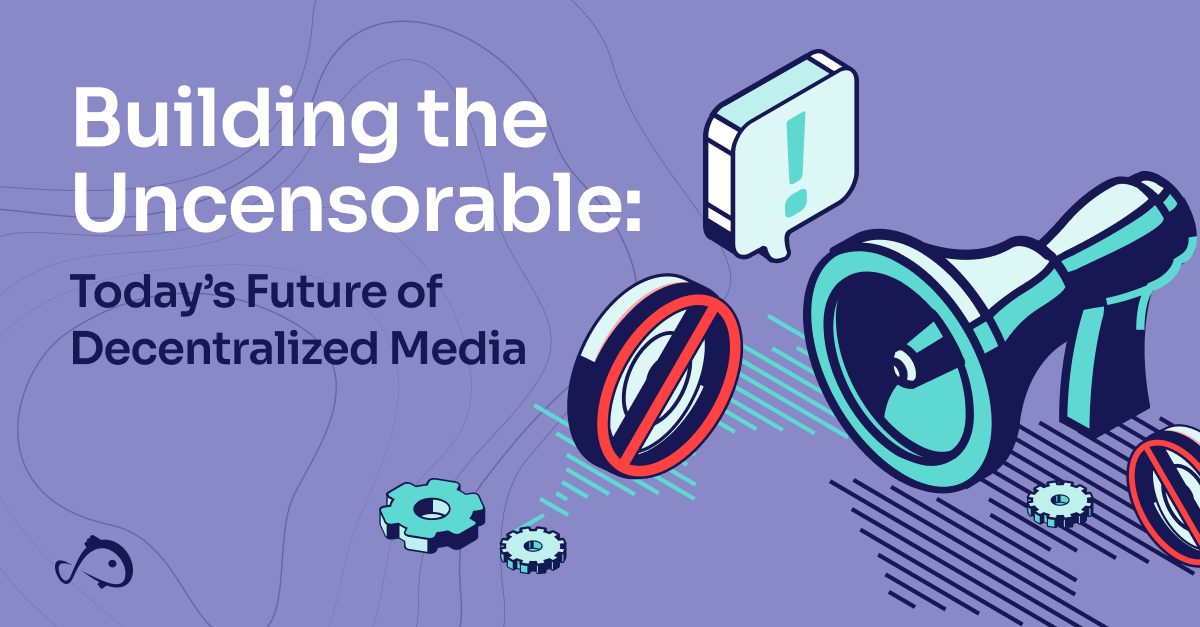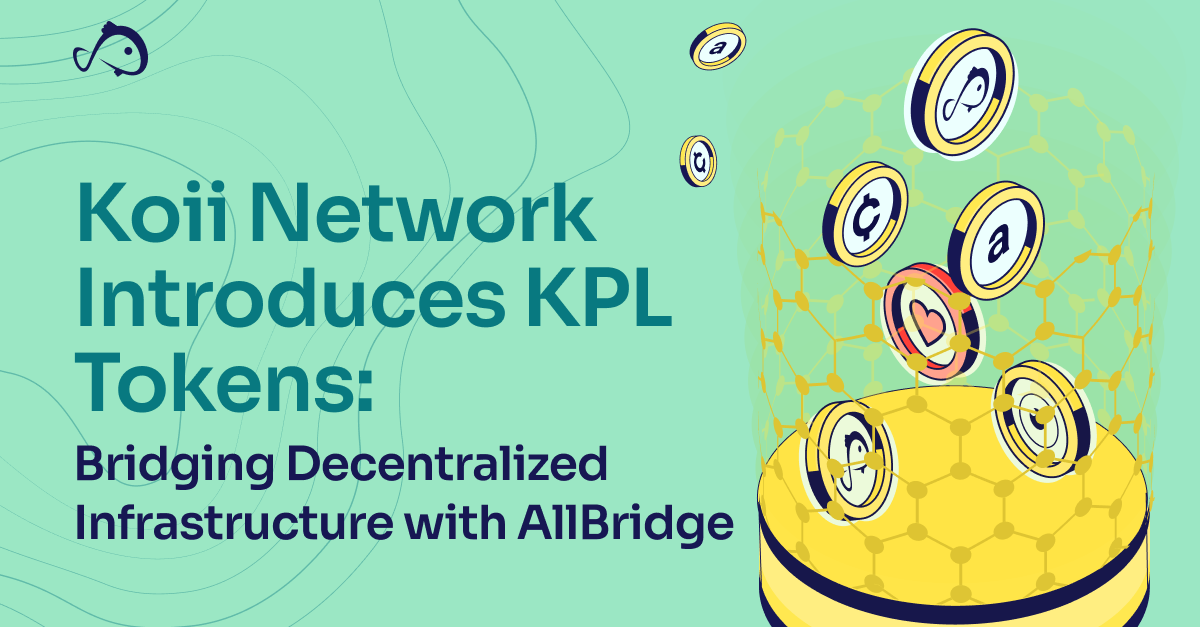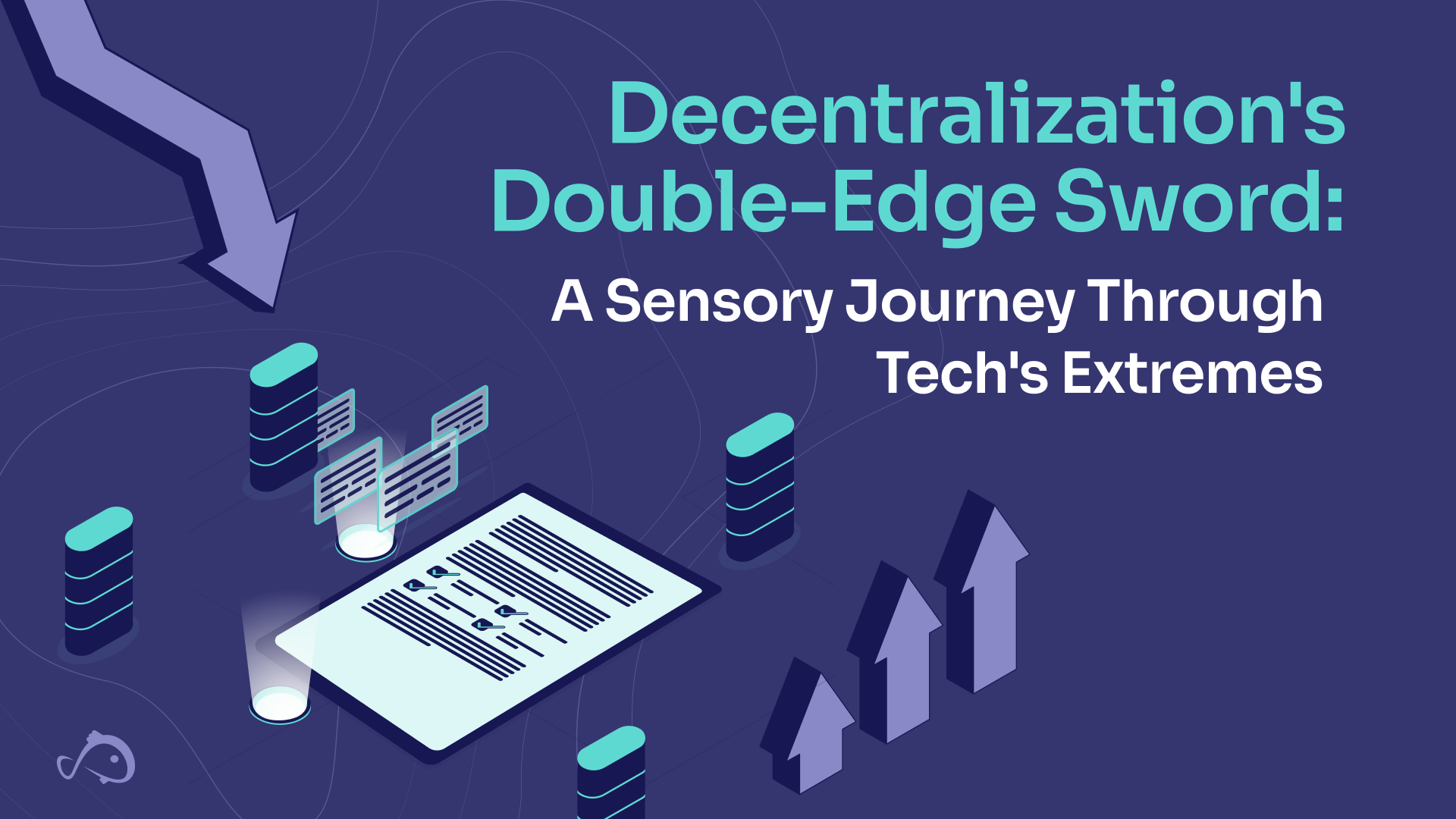In an era where digital freedoms seem increasingly fragile, we builders face a pivotal challenge: How do we create platforms that are truly resistant to censorship and immune to single points of failure? Recent events have thrown this question into sharp relief, offering both a warning and an opportunity.
The Centralization Crisis
Consider the Twitter saga. Elon Musk’s acquisition has demonstrated how centralized platforms can become subject to the whims of a single individual. With the ability to dramatically alter content policies and even temporarily restrict access to the platform, Musk has inadvertently showcased the vulnerabilities inherent in centralized social media.
But it’s not just Twitter. Mark Zuckerberg’s recent admission of facing pressure to censor content on Facebook during the COVID-19 pandemic reveals a deeper issue. Even tech giants can be coerced into making decisions that potentially compromise free speech and user trust. This highlights a fundamental flaw in centralized systems: they’re vulnerable to external pressures, whether from governments, advertisers, or other influential entities.
The problem extends beyond social networks. The recent Sonos debacle, where a centralized app update rendered expensive audio equipment useless, serves as a stark reminder that even our smart devices are susceptible to centralized control gone awry.
These aren’t isolated incidents; they’re symptoms of a larger problem. As builders, it’s our responsibility to architect solutions that prevent such scenarios.
Enter Koii and DePIN: The Building Blocks of Resistance
This is where Koii tokens and Decentralized Physical Infrastructure Networks (DePIN) come into play. Far from being theoretical concepts, these are practical tools we can leverage today to create systems resistant to censorship and centralized control.
Pressure-Resistant Social Media
Imagine a social platform where neither a Musk-like figure can unilaterally change policies, nor can a Zuckerberg-like CEO be pressured into censorship. By utilizing Koii’s infrastructure, we can create social networks where content moderation is community-driven and transparent.
Implementation Tip: Use Koii’s consensus mechanisms to create a decentralized content moderation system. This ensures that no single entity can be pressured into censoring content.
Resilient Smart Devices
The Sonos situation highlights the need for decentralized update mechanisms. With DePIN, we can build smart device ecosystems where updates are consensus-driven, preventing catastrophic failures due to centralized mismanagement.
Implementation Tip: Leverage Koii’s smart contract capabilities to create a voting system for firmware updates. This ensures that no single entity can push potentially harmful updates to devices.
Censorship-Resistant Content Distribution
In an age where content can vanish due to external pressures, Koii’s decentralized architecture offers a solution. Builders can create content platforms where data is distributed and replicated across the network, making censorship exponentially more difficult.
Implementation Tip: Implement a content addressing system using Koii tokens. This allows content to be retrieved based on its hash, rather than a centralized URL, making it resistant to traditional forms of censorship.
Practical Steps for Builders
- Tokenized Governance: Implement Koii tokens as governance tokens in your DePIN projects. This distributes decision-making power, preventing situations where external pressure on a single entity can compromise the entire system.
- Decentralized Storage: Utilize Koii’s integration with decentralized storage solutions. This ensures that user data and content can’t be wiped out by a single server failure or administrative decision made under duress.
- Incentivized Node Operation: Leverage Koii’s token economics to incentivize a diverse network of node operators. This creates a robust, distributed infrastructure that’s resistant to censorship and central points of failure.
The Road Ahead
The events we’ve witnessed – from Musk’s Twitter takeover to Zuckerberg’s admission of facing censorship pressures – are not just cautionary tales; they’re calls to action. With Koii and DePIN, we have the tools to build systems that are inherently resistant to the kinds of centralized control and external pressures we’ve seen exerted on even the most powerful tech companies.
But tools alone aren’t enough. We need vision, determination, and a commitment to the principles of decentralization. As we build, we must constantly ask ourselves: Are we creating systems that can withstand not just the test of time, but also the pressures of centralized interests and external influences?
The challenge before us is significant, but so is the opportunity. We have the chance to reshape the digital landscape, to create platforms and devices that respect user autonomy and resist censorship at their very core.
The blueprint for a more resilient, censorship-resistant digital future is in our hands. It’s time to build.

 Koii Network Introduces KPL Tokens: Bridging Decentralized Infrastructure with AllBridge
Koii Network Introduces KPL Tokens: Bridging Decentralized Infrastructure with AllBridge